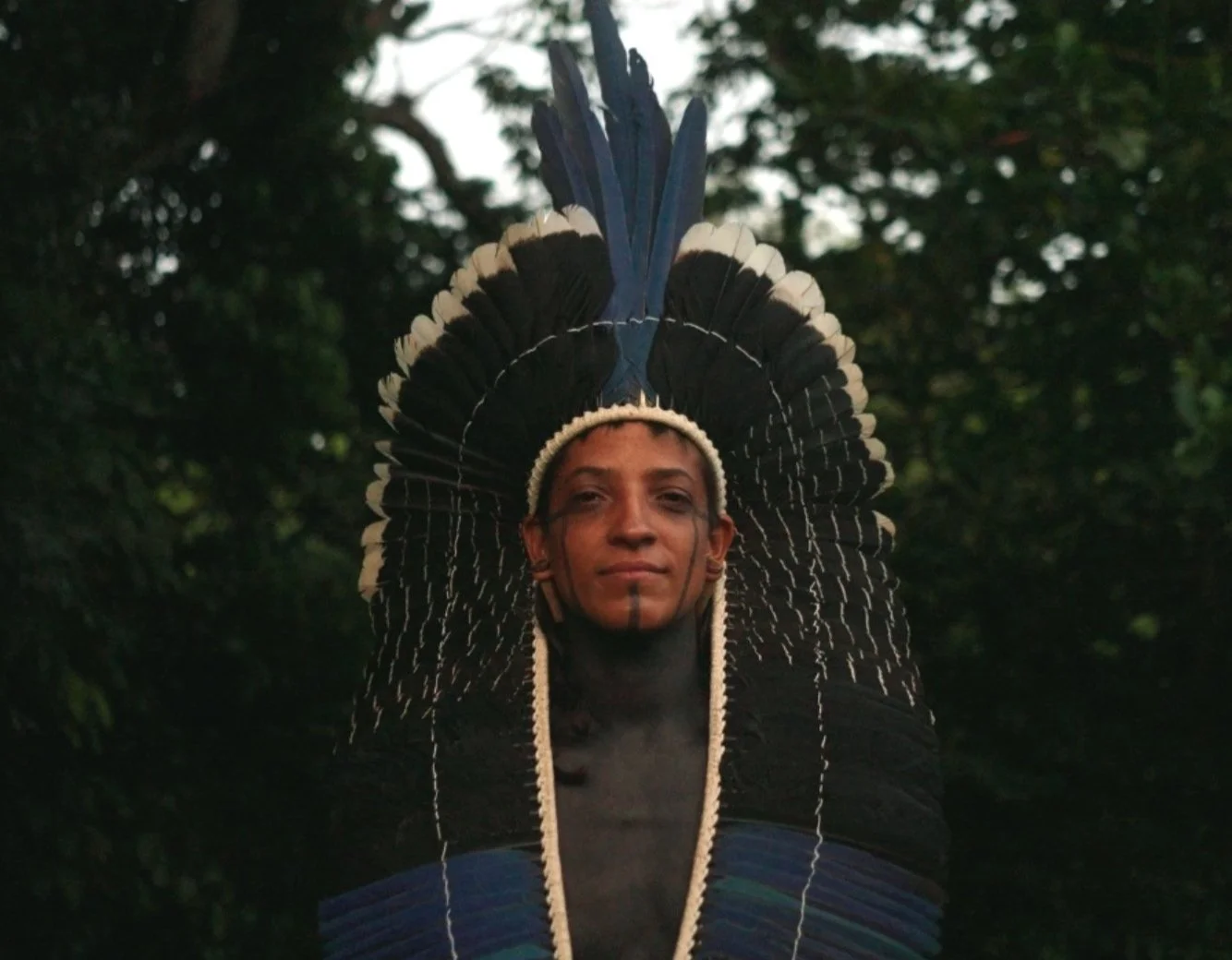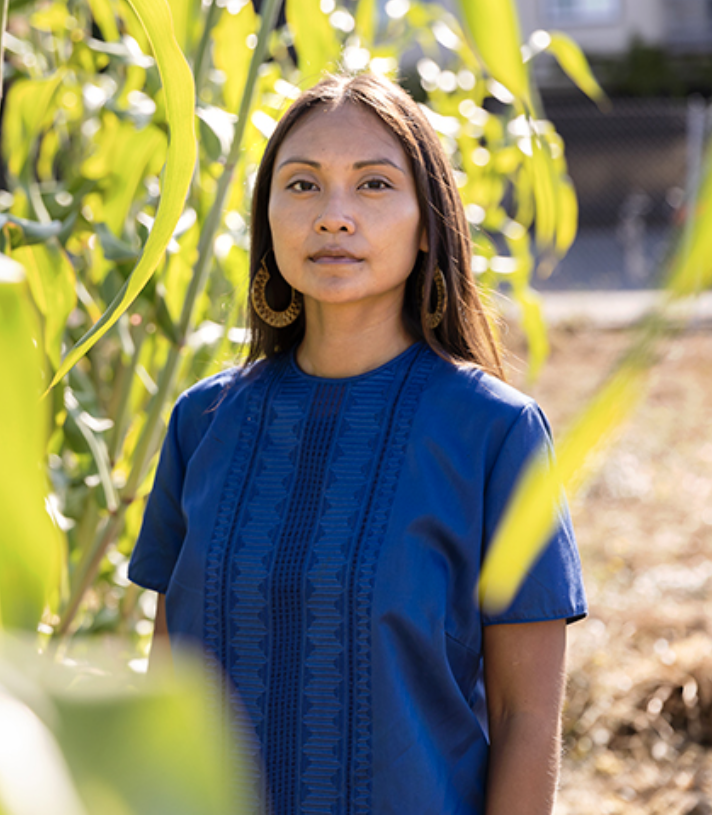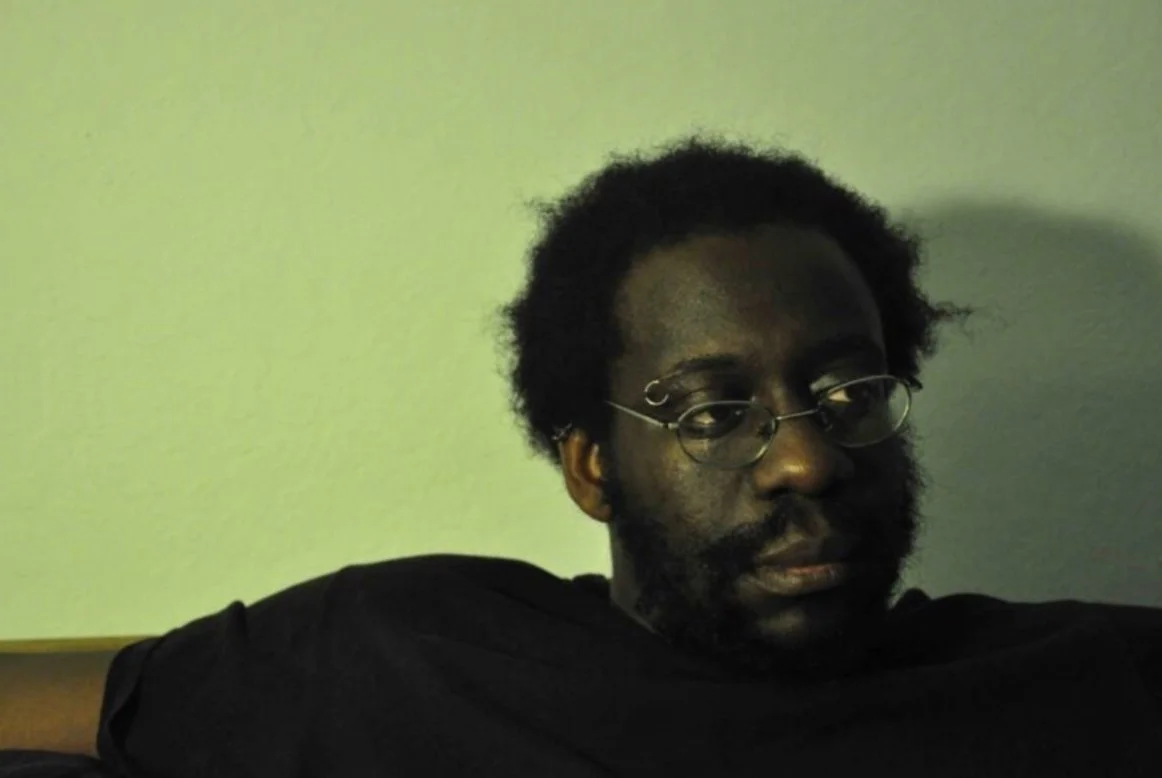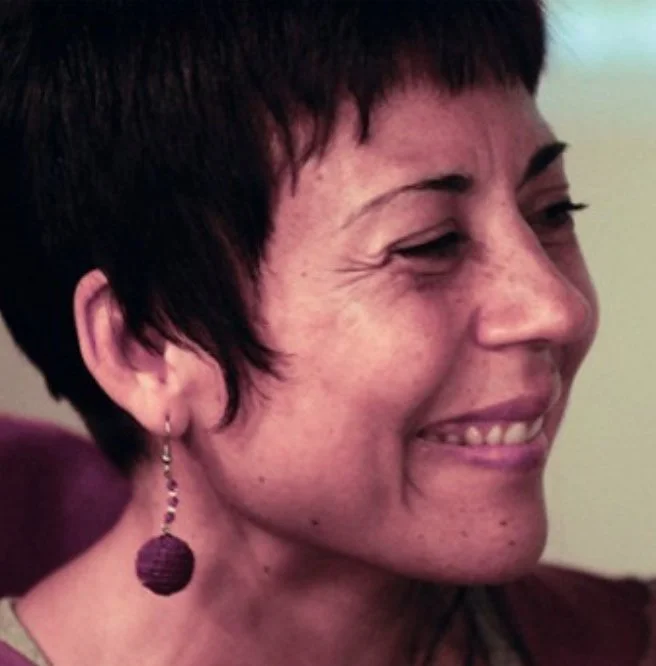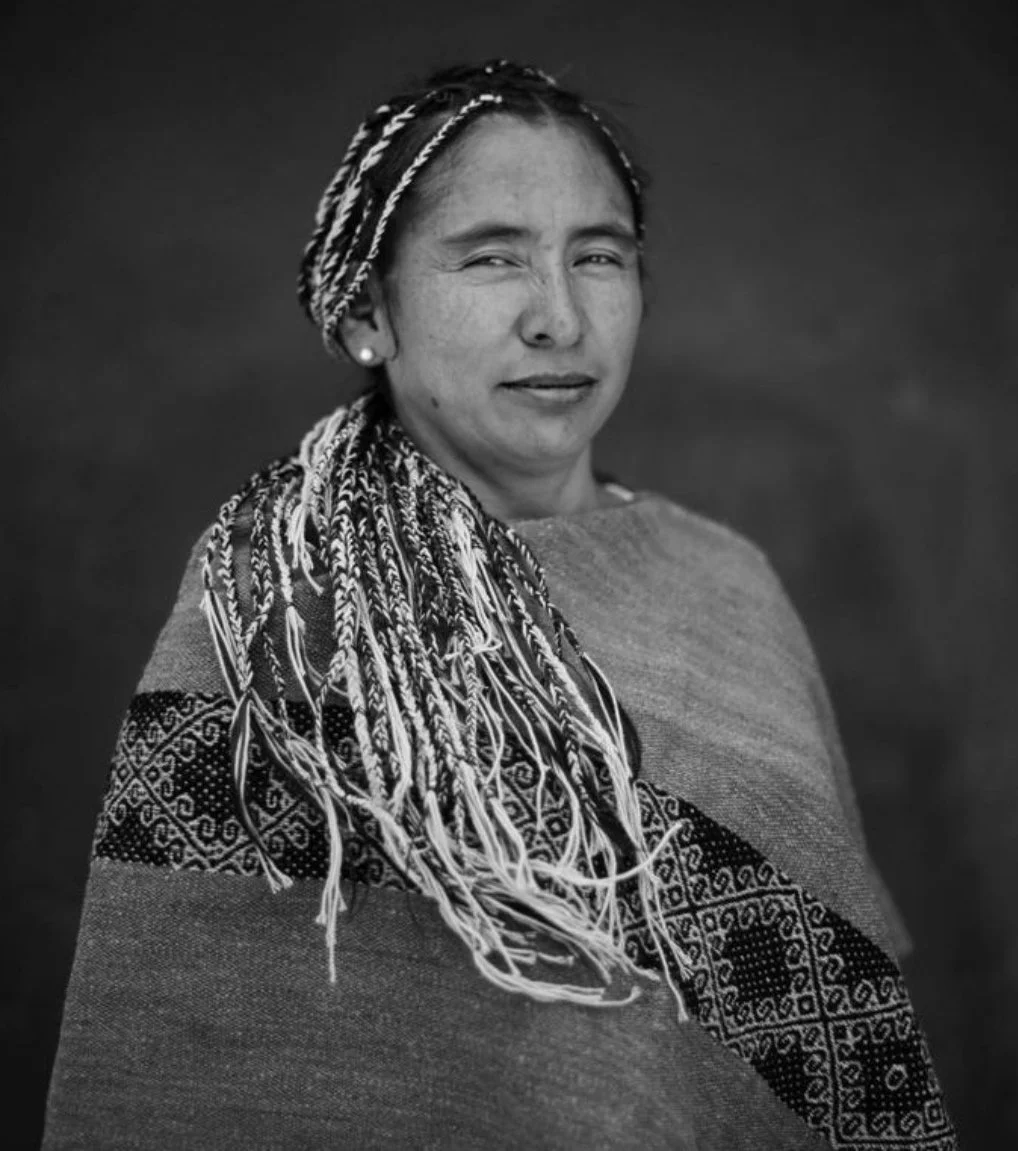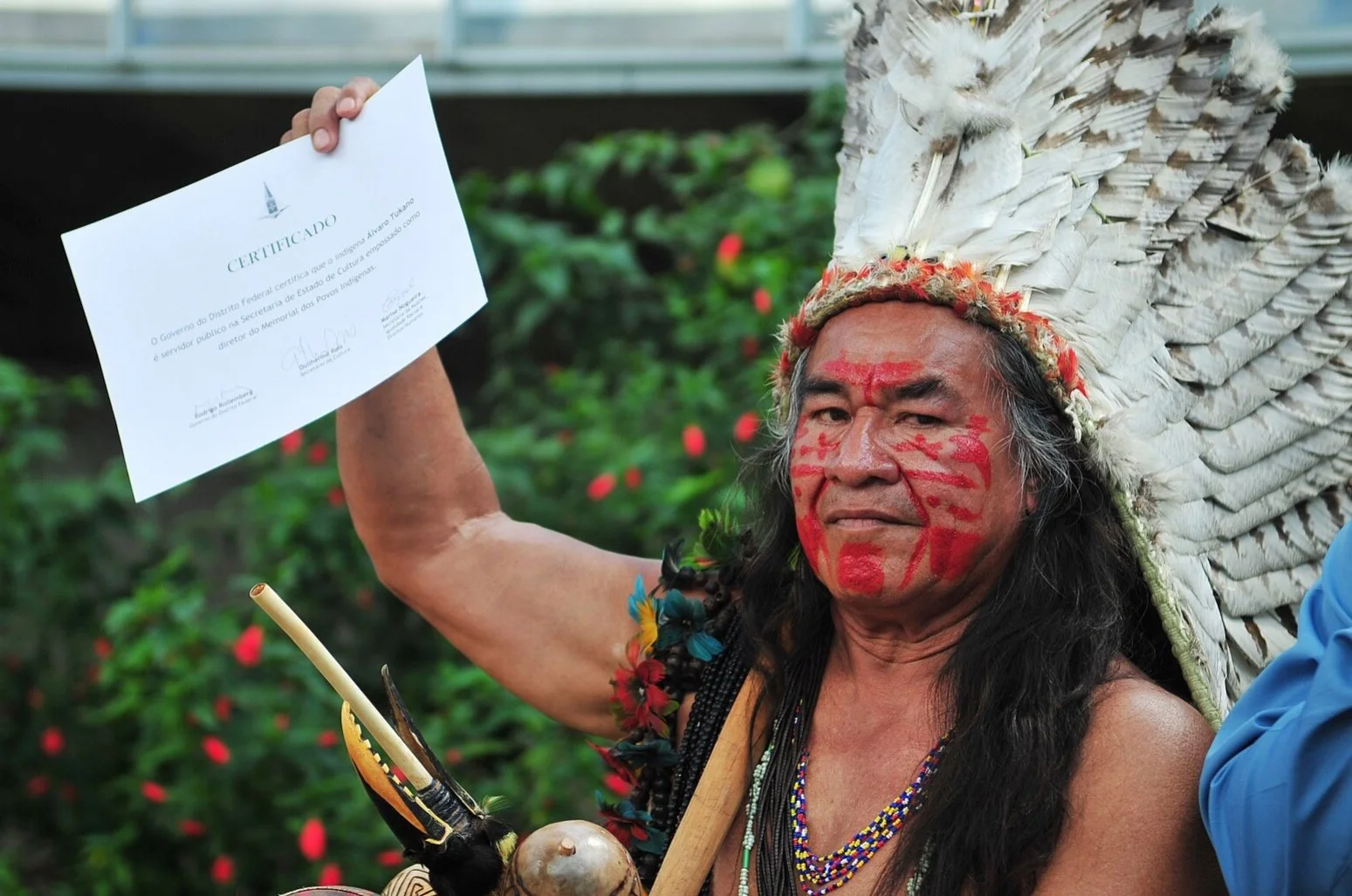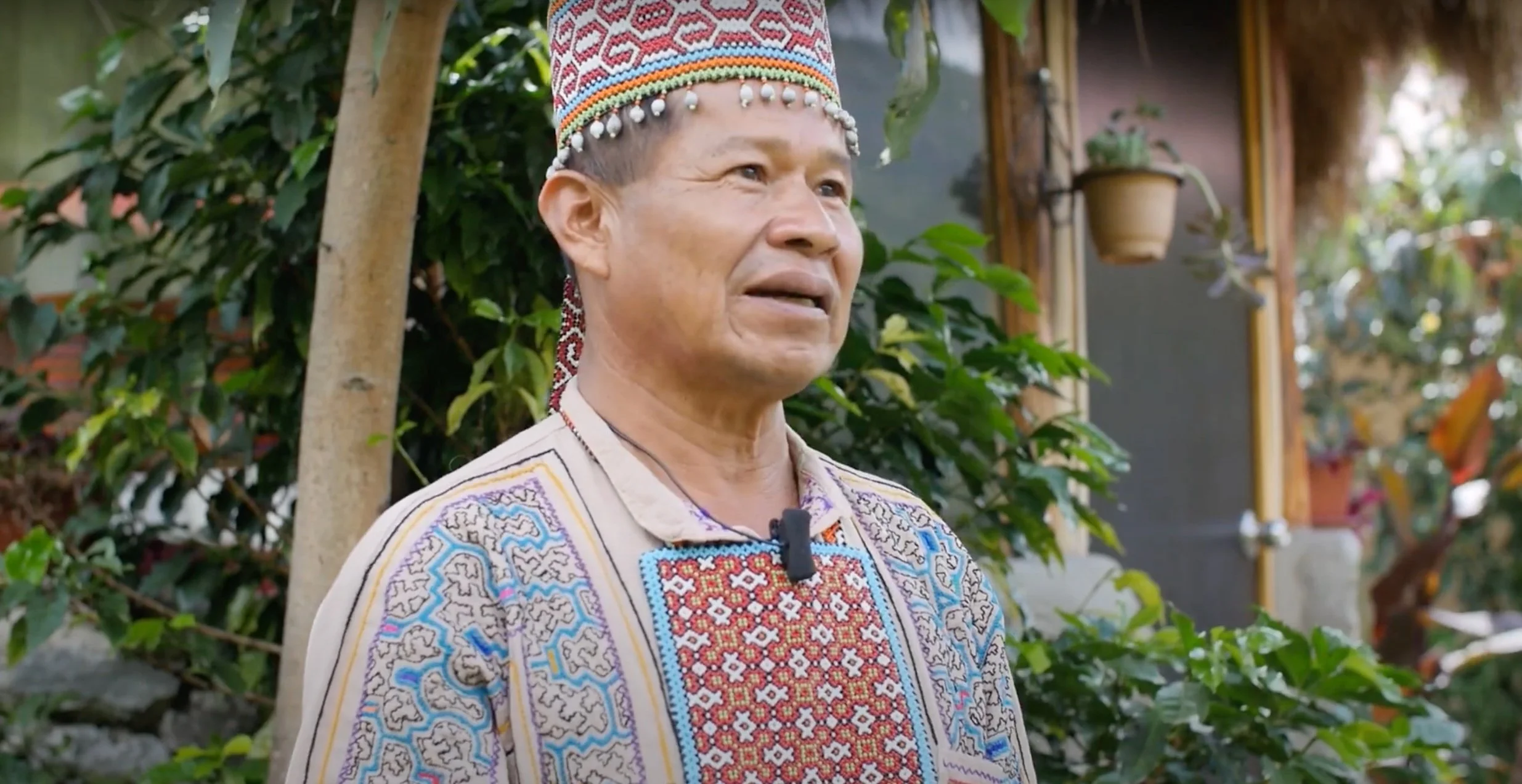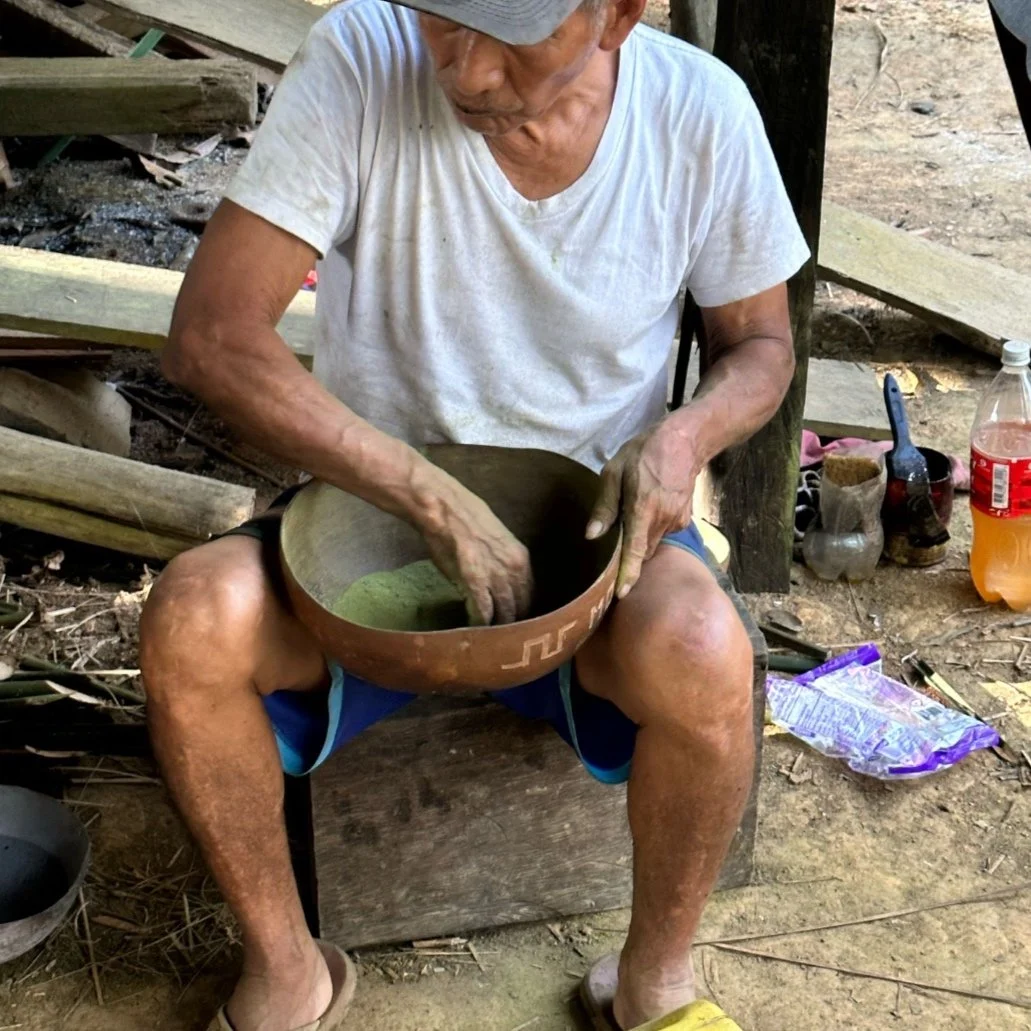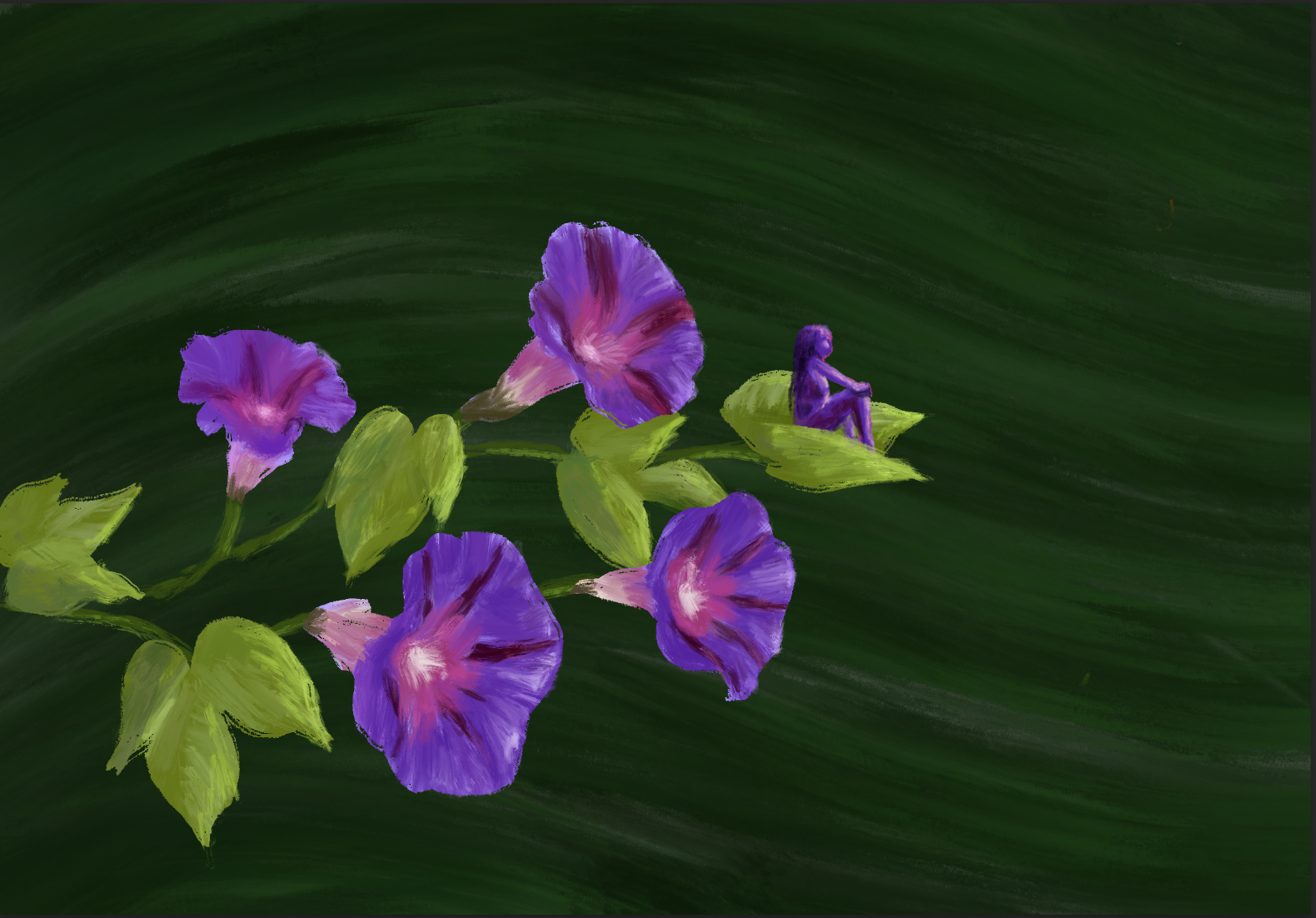
Sacred Medicines 2025 Morning Opening Sessions
When:
Friday May 30th from 8 AM - Noon PT
Saturday, May 31st - Sunday, June 1st from 9 AM - 11 AM PT
Where: Zoom
Friday, May 30th 8AM - Noon PT
Morning Opening Ceremony
&
Opening Roundtable: Bridging Indigenous Knowledge and Western Paradigms
Speakers & Facilitators:
Elders: Ruro Caituro Monge, Chief Alvaro Tukano, Oseas Barbarán Sánchez, Edinson Ramos, and Abuelo Gilberto
Young Indigenous Leaders: Naiara Tukano and Prof. Alfonso Peralta
Bridgers: Ayize Jama Everett, Marlena Robbins, Dr. Susana Bustos,Glauber Loures De Assis
Our gathering begins in ceremony. All of the Elders will come together online to open the space with prayers, song, and collective intention. We then move into shared reflection with Elders and Bridgers about the purpose of the gathering and the responsibilities we carry in this work. This is a day to arrive, to listen deeply, and to step into the weekend with clarity, reverence, and humility.
Saturday, May 31st 9AM - 11 AM PT
Track A
Embodied Prayer and the Healing Path from Womb to Ritual
Speaker: Ruro Monge
Moderator: Marlena Robbins, DrPHc, MS
Drawing from two decades of experience as a traditional midwife and healer born in the Peruvian Andes, Ruro Monge invites us into an Indigenous understanding of prayer, healing, and transformation. Rooted in the ancestral practices of the Apurímac, Cusco, and Lambayeque regions, she explores how healing begins not in the mind, but in the spirit—starting at birth and conception. Ruro shares teachings on the design of the four altars, the order behind Indigenous systems of prayer, and the importance of aligning with natural cycles and elements.
Supporting this session is Marlena Robbins, a Diné researcher and doctoral student at the UC Berkeley School of Public Health. Her work focuses on advancing entheogenic medicines within tribal nations and developing culturally grounded approaches to healing and care. As part of the conference’s team of bridgers—scholars and practitioners who help weave Indigenous teachings with participant learning—Marlena brings a lens rooted in community, ethics, and Indigenous public health.
Together, this session invites participants into a deeper relationship with prayer, embodiment, and the healing stories that live within and between us.
Track B
Between Ceremonies and Constitutions: Defending the Sacred Across Generations
Speakers: Chief Alvaro Tukano & Naira Tukano
Moderator: Glauber Loures De Assis
Chief Álvaro “Doethiro” Tukano, representative of the Tukano (Ye’pa Masa) people (one of the oldest traditions in the use of Ayahuasca), invites us to consider what it means to protect sacred knowledge in a world shaped by political systems, scientific inquiry, and spiritual amnesia. As a foundational figure in the Indigenous movement that secured constitutional protections for Native peoples in Brazil, and as a guardian of his people’s ceremonial traditions, Chief Álvaro explores the intersections of identity, territory, and the legacies of extractive research.
He will be joined by his daughter Naiara Tukano, a lawyer, mother, and activist committed to cultural and spiritual revitalization in the Alto Rio Negro region, who is continuing his father’s work in multiple fronts. Together, they’ll be able to speak on how Indigenous families and lineages pass on the mission to protect their traditions and how this quest stretches through hundreds of generations. Dr. Glauber Loures de Assis will moderate this conversation. As a legal scholar and ally to Indigenous movements who works to advance the recognition of Indigenous legal systems and spiritual sovereignty, Glauber has spent years working closely with the Tukano family. This talk will offer a powerful, intergenerational dialogue on the ethical defense of the sacred—inviting us into deeper listening, reciprocity, and responsibility.
Sunday, June 1st 9AM - 11 AM
Track A
The Colonization of Ayahuasca: Shipibo Spiritual Revival after Evangelization
Speakers: Oseas Barbarán Sánchez & Edinson Ramos
Moderator: Dr. Susana Bustos
Shipibo leaders Oseas (president of CONAP) and Edinson (curandero and community leader), share their journey of cultural survival. For the last decades, they have been supporting some of the many Shipibo villages in the Amazon which were evangelized almost a century ago, and where use of Ayahuasca and shamanic practices were forbidden. Today, many of these communities are torn between those who advocate for the return to their ancestral traditions and the evangelical Indigenous members who consider shamanic practices taboo and against the evangelical traditions in which they were brought up. Oseas and Edinson will share on this delicate situation and the ways in which the Shipibo people are finding ways to decolonize their communities and return to the ancestral practices.
Dr. Susana Bustos, a researcher and teacher on entheogenic shamanic traditions, will be moderating the conversation. With over 20 years of research experience focused primarily on Peruvian Amazonian Vegetalismo practices and Shipibo traditions, Susana wrote her doctoral dissertation for CIIS on “The Healing Power of the Icaros: A Phenomenological Study of Ayahuasca Experiences”. She later authored, “The House that Sings: The Therapeutic Use of Icaros at Takiwasi”. Together, they will engage in a heartfelt dialogue on what it means to hold sacred medicine with integrity—listening not only to tradition, but to the plants themselves, and to the needs of future generations.
Track B:
The Silence That Listens, The Stories That Heal
Speaker: Abuelo Gilberto
Moderator: Ayize Jama-Everett
This open session invites participants into a ceremonial space shaped by storytelling, listening, and the spoken word as ancestral technologies of healing. Abuelo Gilberto, chief elder and leader of the Muina people of the Colombian Amazon, shares from the tradition of the mambeadero—a sacred circle where Indigenous people gather to speak with intention and listen with reverence, often for hours or days at a time, with the aid of mambe and ambil, plant medicines made with coca leaf and tobacco. These medicines are regarded by some Indigenous traditions and stories as the “parents” of ayahuasca, and the mambeadero as a space where dialogue itself becomes a vehicle for healing, memory, and connection.
Ayize Jama-Everett, MDiv, MA, MFA joins as a conversation partner and bridger—offering reflections drawn from his work as a writer, filmmaker, therapist, and educator. With deep knowledge of sacred plant traditions of North Africa, as well as years of experience exploring the intersections of entheogens, narrative, and spiritual care, Ayize brings a unique lens to this exchange. His storytelling practice—through film, literature, and community engagement—centers the role of voice, myth, and memory in the healing process, particularly within historically marginalized communities.
While Abuelo Gilberto holds the ceremonial ground of the session, speaking from a place of lineage and transmission, Ayize contributes through dialogue, weaving in insights, and questions that support participants in bridging Indigenous teachings with contemporary contexts. Together, their conversation offers a living example of cross-cultural healing—one that honors silence, story, and the medicine of deep relational listening.
